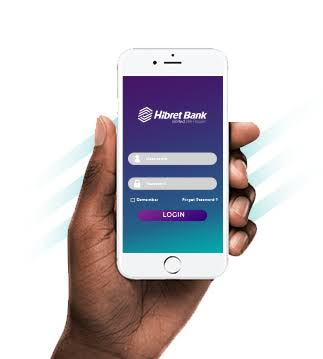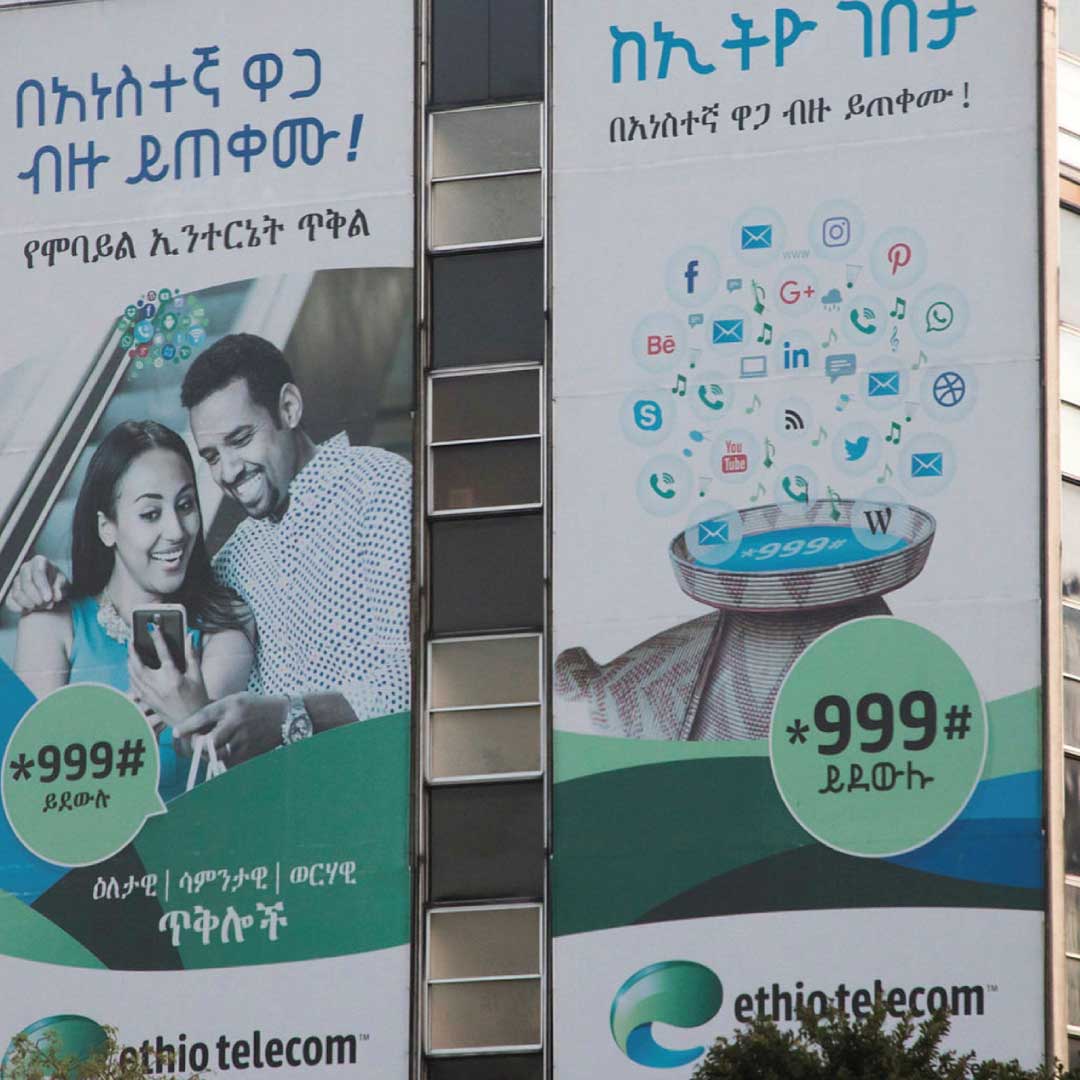Safaricom has excitedly announced that it has welcomed the investment made by the International Finance Corporation (IFC) and the Multilateral Investment Guarantee Agency (MIGA).
The announcement follows the equity investment and guarantees into the mobile network operator.
Chief Executive Officer of Safaricom PLC Peter Ndegwa stated that he, along with the other members of the Global Partnership for Ethiopia (British International Investment, Sumitomo Corporation, Vodacom and Vodafone), was looking forward to working with the World Bank Group to jointly contribute to the telecommunications reform programme, digital transformation goals, and inclusion goals.
Read also: Safaricom and Google Partner on YouTube content production
Benefits to Ethiopia’s telecoms sector
This will provide Ethiopians with access to technology and mobile communication on a world-class level, both of which will stimulate economic growth in the East African nation of Ethiopia.
Ndegwa explained further that “the equity investment by IFC and the 10-year guarantees of US$1 billion by MIGA is a show of confidence in Ethiopia as a viable growth market” as well as in their business.”
His remarks were in reference to the investment that had been disclosed the previous day.
It is envisaged that the equity investment, the loan, and the guarantees made to support the ongoing building and management of Safaricom Ethiopia’s greenfield telecommunications network will result in internet access that is more inexpensive, mobile connection that is more dependable, and technology that can be utilised by enterprises and individuals alike.
IFC will make an equity investment of $157.4 million in GPE and will also make an A-loan of $100 million to Safaricom Ethiopia, which is GPE’s fully owned subsidiary. As a result of the acquisition, IFC will have a position in Safaricom Ethiopia that is below majority ownership.
MIGA’s contribution
Guarantees from the Millennium Investment Guarantee Agency (MIGA) in the amount of one billion dollars will be provided over a period of ten years to cover the equity investments made by Safaricom Ethiopia’s owners, who include Vodafone Group, Vodacom, Safaricom, and British International Investment.
The MIGA Guarantee Facility, which is a component of the Private Sector Window of the International Development Association, will provide a first loss layer for a portion of the MIGA guarantees, totaling $76 million. This layer will come from the MIGA Guarantee Facility.
Safaricom Ethiopia will be able to roll out and operate 4G and 5G mobile networks across the entire nation with the assistance of investment and guarantees. This includes both rural and urban areas.
Additionally, in accordance with a licence that was awarded to Safaricom Ethiopia in May 2023 by the Central Bank of Ethiopia, the company intends to start financial services in 2023 under the brand name M-PESA.
With a population of about 120 million people, Ethiopia is the second most populous country in Africa (the most populous country in Africa being Nigeria).
About Safaricom
Safaricom PLC is a mobile network operator in Africa that is traded openly on the stock market. The Safaricom House in Nairobi, Kenya serves as the location of the company’s headquarters. It is routinely recognised among the most successful firms in the East and Central Africa region and holds the position of being Kenya’s most important provider of telecommunications services.
The business offers many different products and services, such as mobile phones, mobile money transfers, consumer goods, online commerce, cloud computing, data, music streaming, and fiber optics, among others. The most well-known characteristic of it is that it is the place where MPESA, a mobile banking service that is based on SMS, was first created. This is the most well-known aspect of it.







